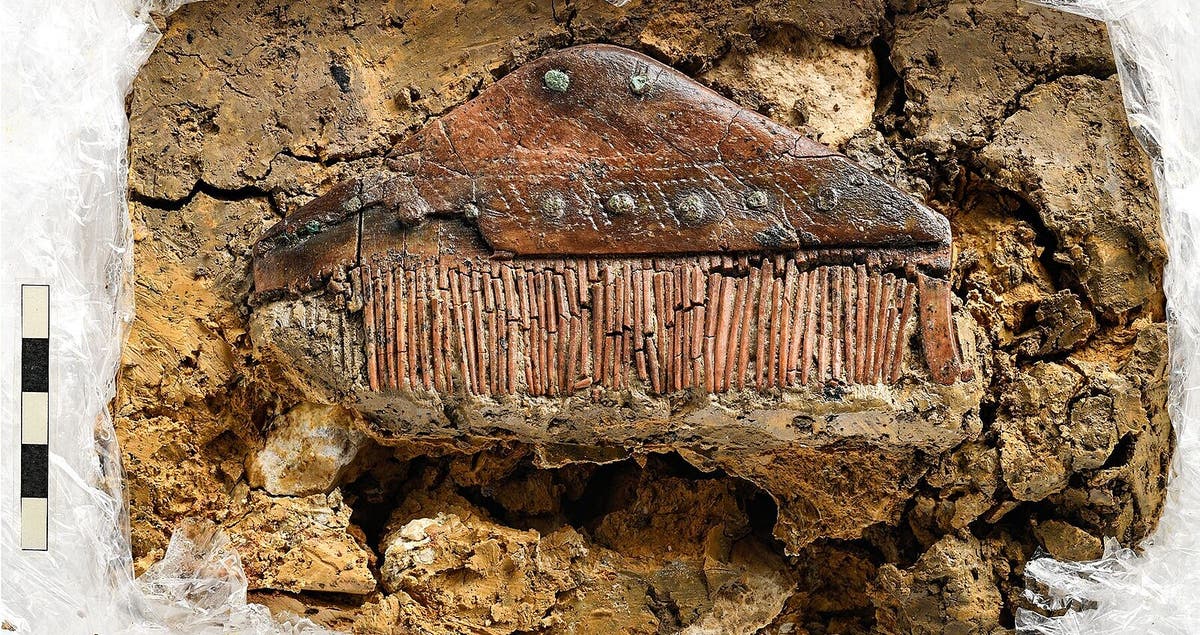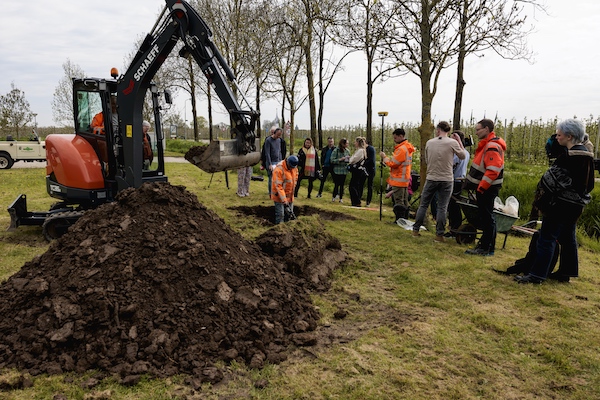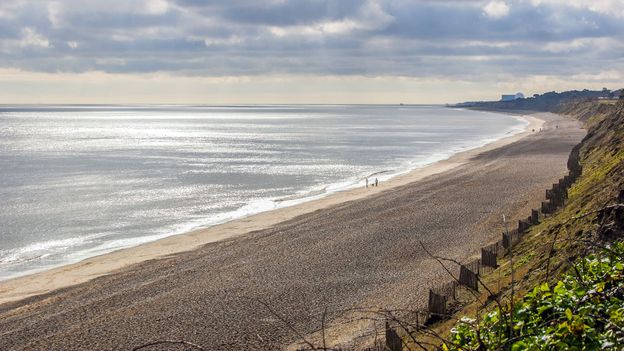
Germany's 'Atlantis' is FOUND: Experts discover lost city of Rungholt
Daily MailThe scientists report the discovery of its church - possibly measuring 130 feet The German settlement of Rungholt has been called the For more than half a century, academics wondered if the German town of Rungholt was a 'mythical' but fictional settlement much like Atlantis. The experts used magnetic techniques to find the 130-foot under mudflats at North Frisia, the historic region off Germany's north coast near the border with Denmark. Pictured, a metal frame allows archaeological excavations of one square metre in the mud flats during low tide Present-day map of the region: Rungholt was in North Frisia, the historic region of north Germany made up of islands and peninsulas, close to the border with Denmark The discovery was announced by experts at Kiel University, Johannes Gutenberg University Mainz, the Center for Baltic and Scandinavian Archaeology, and the State Archaeology Department Schleswig-Holstein in Germany. At the time of the sinking, North Frisia had a very concentrated population of islands, but many of these went underwater after a few hundred years To find Rungholt, the researchers used a combination of geoscientific and archaeological methods to locate the church, including magnetic gradiometry To find Rungholt, the researchers used a combination of geoscientific and archaeological methods to locate the church, including magnetic gradiometry. Pictured, a sketch illustrating the main features of the coastal environment connected to the medieval dyke Core samples and excavations of the mudflats could provide further insights into the structure and foundations of the sacred building There have already been archaeological objects found around tidal flats of the nearby island of Südfall, including imported goods from the Rhineland, Flanders and even Spain.
Discover Related



